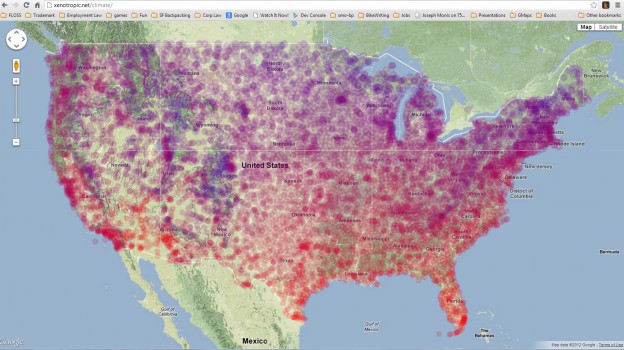Category: Coding
-

Open German
I made an open source quiz/flashcard application for learning German vocabulary. You can see it here on the Play Store, or download it from F-Droid. The word list is decent, but could use improvement. You can get a read-only version of it from this Google Sheet. If you want to change one or two words,…
-

Gutenovox, a Mashup of Gutenberg and LibriVox Catalogs
I recently did my first recording for LibriVox, which is a site where volunteers read public domain works. I wanted to contribute to a short science fiction collection, and it was challenging to find a work that hadn’t been read already — not because there aren’t any, but because it involves looking through lists of…
-
Setting Up Emacs + Cygwin + PHP + ssh-agent
I had to struggle for a while to be able to remotely edit php files with emacs on Windows. After trying various combinations of putty/plink, cygwin, xemacs, and GNU emacs, I finally got things to work with Cygwin’s ssh-agent and GNU emacs. Here’s the procedure: Install Cygwin, ssh-agent, emacs. Use ssh-keygen to create a private/public…
-

NCDC 1981-2000 Average Temperatures On Google Maps
I’m taking a road trip through the southwest this winter, and was interested in seeing a map of average temperatures so we would know what we’d be driving through. When I couldn’t find any easily, I decided to see if I could plot data from the National Climate Data Center [FTP] via the Google Maps API.…